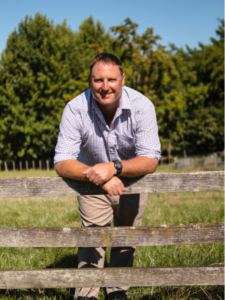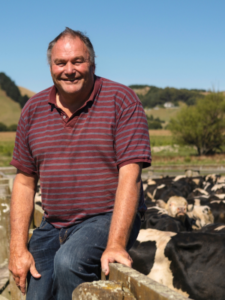With the continued generosity of the Hawke’s Bay farming community, we’ve been able to make a real difference in the lives of people needing specialist palliative care and their families when and where they need it. With the support of people like you we’re able to be out on rural roads and working collaboratively with local health professionals to ensure people who live rurally from Mahia in the north to Takapau in the south are cared for.
Livestock donation
Getting in behind Cranford Hospice with a livestock donation is quick and simple—next time you send stock to be processed or sold consider donating to Cranford Hospice.
- All you need to do is book the stock you wish to donate as a separate line with your livestock representative and fill in an ASD form with Cranford’s details.
- The meat processor or livestock firm will pay Cranford directly for the stock you donate.
- Once we receive the donation we will issue you a donation receipt, so you can claim a tax credit of 33.33 cents for every dollar you donated.
If you’d like to start donating livestock to Cranford Hospice, you’ll need to register with us and follow this simple Livestock Donation Step-by-step Guide.


